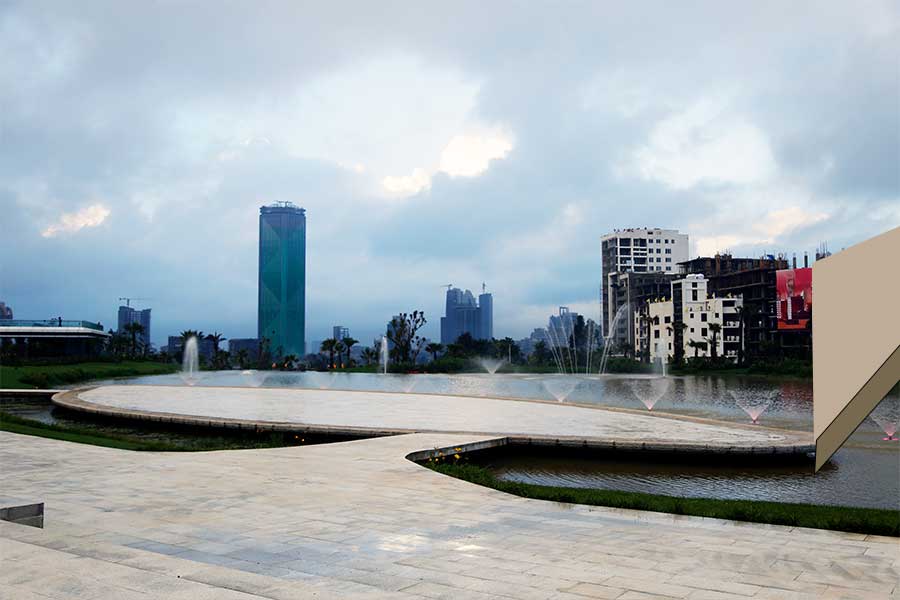
View From Arada | Sep 19,2020
A major fuel shortage, caused by a series of heavy rains that have flooded the critical import route from the ports in Djibouti, has disrupted the regular flow of fuel into the country. The logistical logjam resulted in long queues at gas stations in Addis Abeba and other towns.
The disruption began last week when heavy rainfall damaged the 143Km road from Dikhil to Galafi, a crucial stretch for fuel trucks travelling from Djibouti to Ethiopia. The damage caused by the rainfall has created hazardous conditions for the drivers and their vehicles, leading to long delays. Approximately 300 trucks transporting 2.5 million litres of benzene and 8.5 million litres of diesel daily have been immobilized, exacerbating the nationwide shortage.
The Ethiopian Petroleum Supply Enterprise (EPSE), the state-owned Enterprise charged with ensuring sufficient fuel supply, has been particularly hard-hit by this crisis. Serving 1.5 million vehicles across the country, the Enterprise has struggled to manage the sudden shortfall in diesel, a fuel type for most transportation services, including the minibus taxis that are a lifeline for urban commuters in the capital.
Esmelealem Mihretu, the Enterprise's CEO, admitted to the severity of the situation, noting that even slight disruptions in the logistics of energy markets can lead to significant nationwide consequences. The Enterprise has resorted to pulling 1.1 million litres of benzene from its depot in Sululta, Sheger City, to calm the benzene shortage, while it opted to remain patient to meet the diesel crunch. He disclosed that the Enterprise resorts to using its diesel inventory kept across its 13 depots only during an international crisis that could derail supply for an extended period.
"Fuel supply chain is extremely fragile," he told Fortune. "We can't drain the depot every time there is a minor crisis."
The CEO expects things to return to normal in a few days, as trucks are already approaching border areas and waiting for the road to clear. Diesel depots are distributed nationwide, including in the towns of Harar, Awash, Shashemene, Nekemt, Adigrat, and Meqelle. However, the cautious approach tells the high stakes in managing national fuel reserves and their critical role in ensuring energy security. The crisis is a combination of logistics, infrastructure and geopolitical dependency.
The 19-year-old petroleum terminal at Djibouti's Doraleh Port, including its depots, is supervised by wholly owned state subsidiary Horizon Djibouti Terminals Ltd. It operates out of two berths that accommodate a bay storage capacity of nearly 400,000 cubic meters and pumps around 2,000tns an hour from its 31 tanks and 12 pumps. Esmelealem recalled a fire three months ago at the petroleum terminal that resulted in a three million litre drop in shipments to Ethiopia, which the Enterprise renegotiated back up to one million. Another technical failure occurred in one of the pumps shortly.
"We've not satisfied our diesel demand for the past few months," Esmelalem told Fortune.
Despite slowly removing fuel subsidies, the federal government spent 3.89 billion dollars last year to procure 2.4 million tons of fuel.
Individual stories of hardship abound. The lifeline of the urban commute in the capital, thousands of mini-bus taxis are almost exclusively run on diesel, leaving drivers and passengers out of their wits the last few days.
Dawit Zenebe, 30, has been scrambling across the capital to meet his 25ltr daily demand for his minibus taxi, earning him an average of 3,000 Br daily. A father of two, he was forced to pause his taxi service on Friday, March 29, 2024, for his commute from Mexico Square to Bole, saving enough fuel to make it home.
"I can't find a drop," he said.
Authorities are investigating alleged hoarding by fuel retailers who might be trying to profit from the impending price hike on benzene and diesel. Derese Kotu, distribution head at the Petroleum & Energy Authority, has been sending inspectors to fuel stations to check if possible hoarding might be contributing to the fuel crunch in Addis Abeba over the past few days. He feared that some retailers might be hoarding to take advantage of the price hike set to increase the price of benzine, priced at 77.65 Br a litre, and diesel at 79.75 Br a litre at the end of the month.
While the dry pump is most visibly felt in the capital, which consumes 45pc of the country's fuel imports, several regional states have also experienced the impact.
Addis Abeba's ongoing facelift has partly fueled the supply crunch, with four major gas stations out of work.
Ephrem Tesfaye, a board member of the Ethiopian Petroleum Dealer's Association, feels that removing the key stations around Doro Maneqia and Megenagna worsened the impact.
"They had high flow," he said.
Andarge Gebeyehu, who works at NOC gas station around the Lancha area, has seen their 22,938ltr of diesel, usually enough for three days, wiped out before lunch on Friday.
"We've been serving customers non-stop," he said.
Cross-border drivers like Getu Taye, hauling 46,000ltr of petroleum destined for the National Oil Company (NOC), have been in Djibouti the past week. Getu blames long delays during refuels, which have become frequent over the past few months and have only exacerbated the stormy problems.
"It's impossible to pass now," Getu said.
While the number of gas stations in the country has climbed to nearly 1,590 over the past decade, experts often blame the lack of a well-integrated network for poor endurance to shock. Fuel's sensitivity to a country's functionality is echoed, which should prompt an array of long-term objectives for energy independence and short-term relief for supply chain shocks.
According to logistics specialist Shiferaw Mitiku, a more forward-thinking approach to energy policy should be considered to address the country's reliance on imported fuel and vulnerability to natural disasters. He refers to countries like Japan, which recognise their heavy dependence on imports and have resorted to developing reserves in response to natural disasters. He believes in developing domestic energy sources and enhancing infrastructure resilience, advocating for private-sector-led initiatives to explore petroleum resources within the country.
"Investments in better railway infrastructure could reduce the country's vulnerability to supply chain disruptions," he told Fortune.
PUBLISHED ON
Mar 30,2024 [ VOL
24 , NO
1248]

View From Arada | Sep 19,2020


Fortune News | May 13,2023
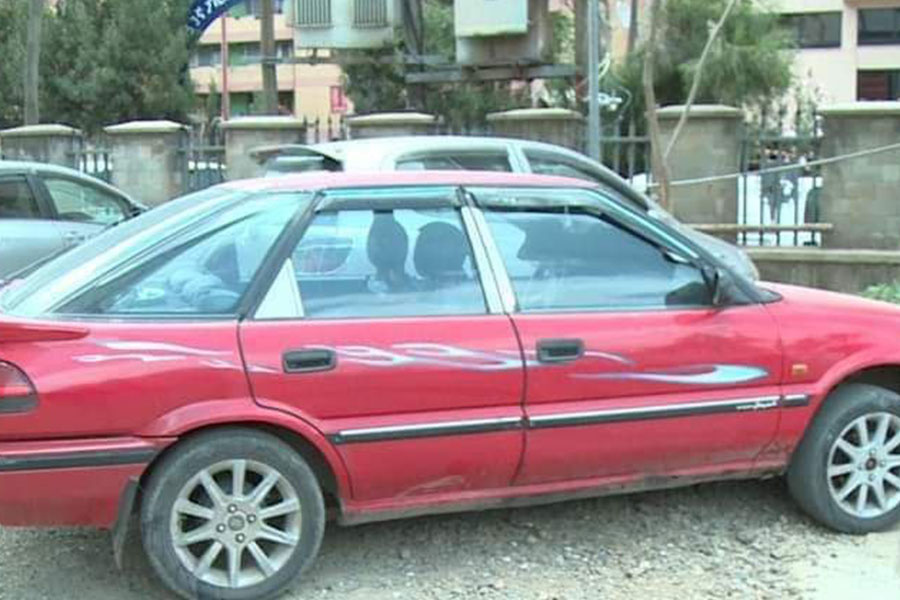
Agenda | Jun 11,2022
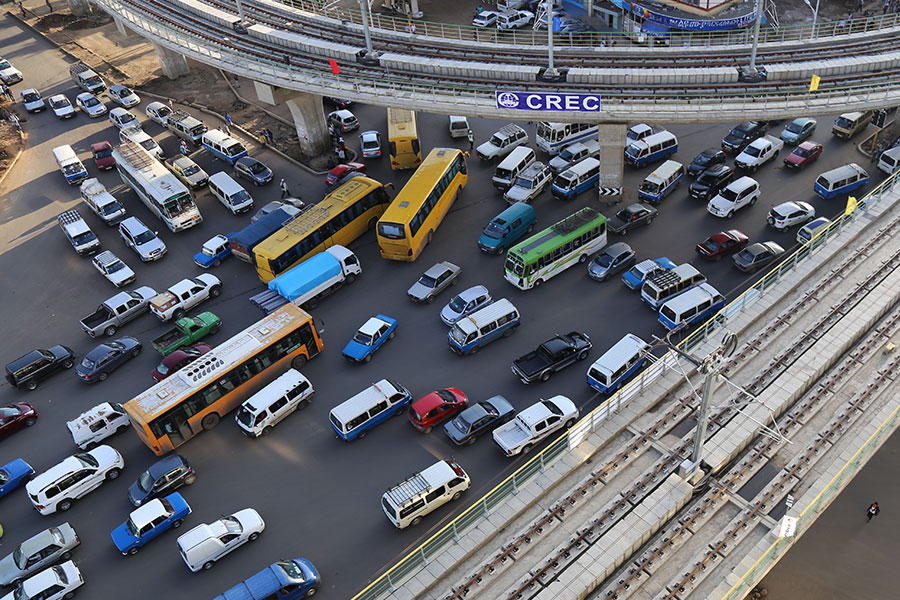
Fortune News | Jul 27,2019
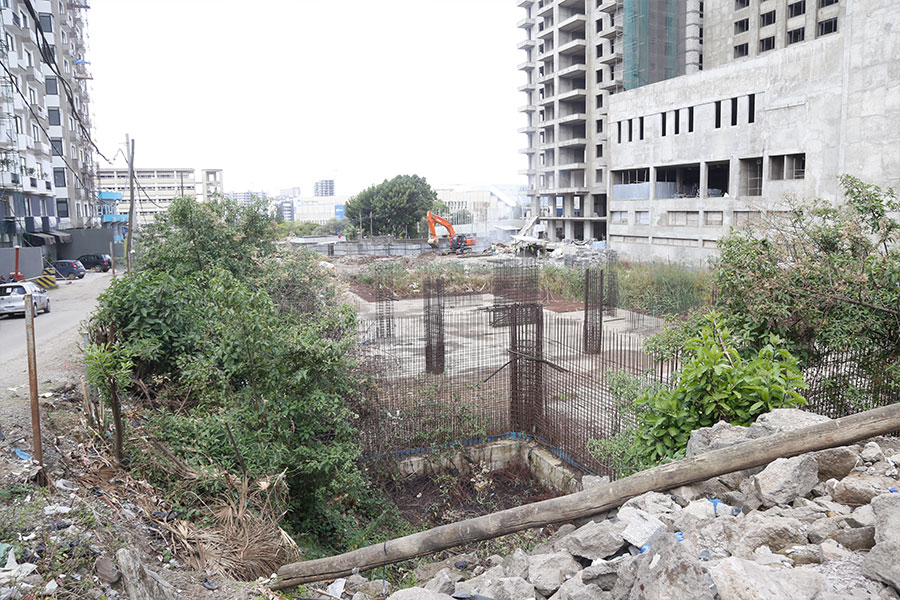
Radar | May 15,2021

My Opinion | Jul 25,2020

Fortune News | Sep 08,2019
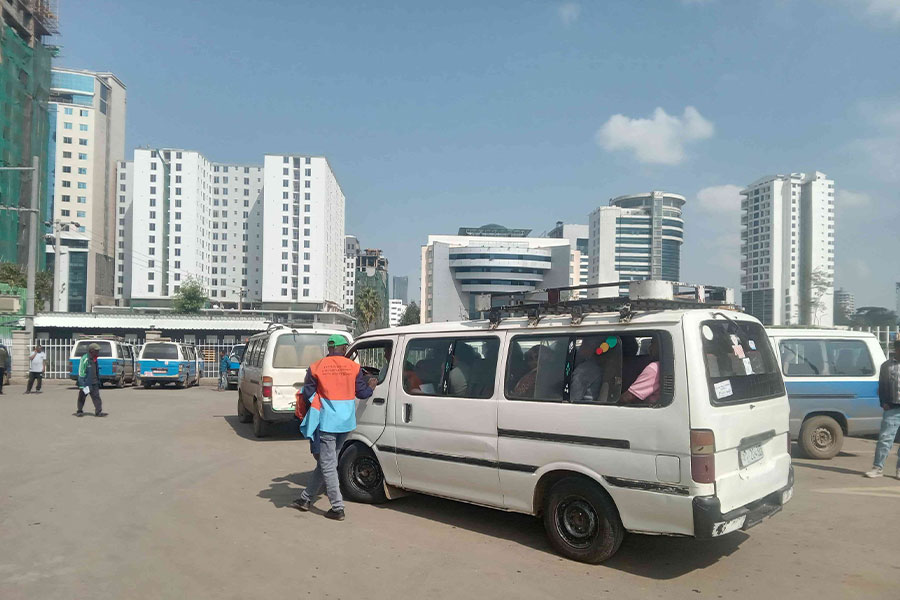
Agenda | Jun 21,2025
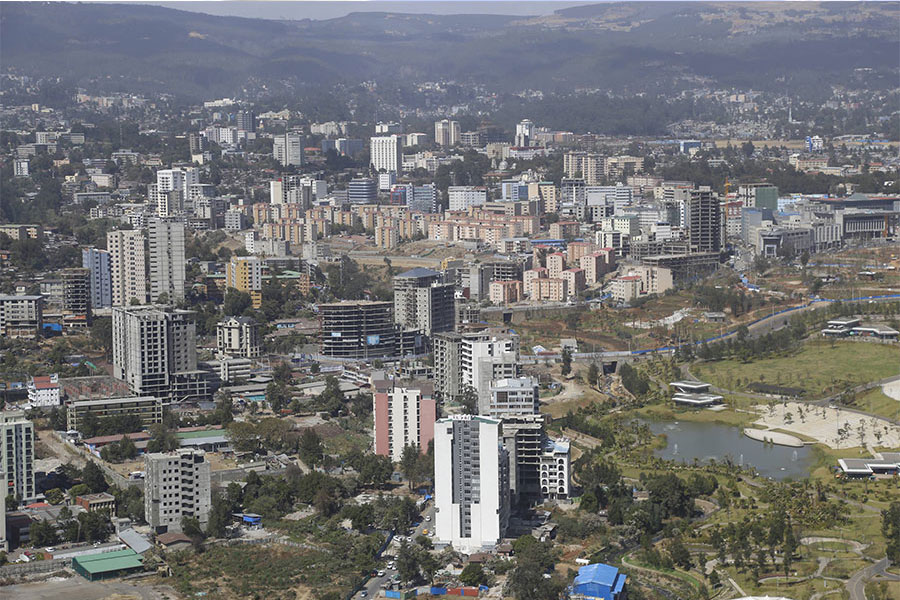
Fortune News | Dec 09,2023

Dec 22 , 2024 . By TIZITA SHEWAFERAW
Charged with transforming colossal state-owned enterprises into modern and competitiv...

Aug 18 , 2024 . By AKSAH ITALO
Although predictable Yonas Zerihun's job in the ride-hailing service is not immune to...

Jul 28 , 2024 . By TIZITA SHEWAFERAW
Unhabitual, perhaps too many, Samuel Gebreyohannes, 38, used to occasionally enjoy a couple of beers at breakfast. However, he recently swit...

Jul 13 , 2024 . By AKSAH ITALO
Investors who rely on tractors, trucks, and field vehicles for commuting, transporting commodities, and f...

Jun 28 , 2025
Meseret Damtie, the assertive auditor general, has never been shy about naming names...

Jun 21 , 2025
A well-worn adage says, “Budget is not destiny, but it is direction.” Examining t...

Jun 14 , 2025
Yet again, the Horn of Africa is bracing for trouble. A region already frayed by wars...

Jun 7 , 2025
Few promises shine brighter in Addis Abeba than the pledge of a roof for every family...